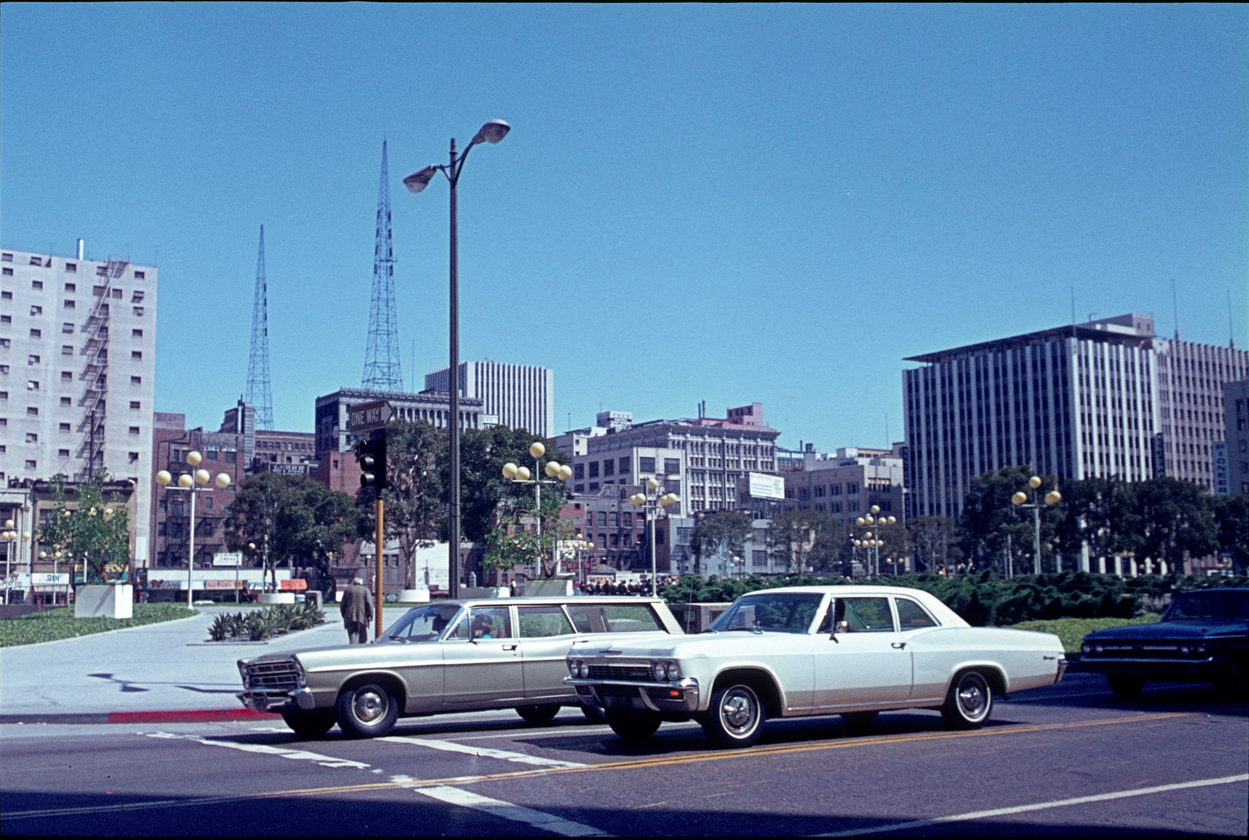
Codified under California law as Section 17200, the Unfair Competition Law (UCL) establishes the legal power of injunction to stop any business practice courts deem unfair, unlawful, and/or fraudulent. Accomplished attorneys that have litigated consumer protection laws under the statutes written in the UCL could spend days lecturing law students about the multi-dimensional features of the landmark law.
For brevity’s sake, we present a short, in depth look at some of the important definitions of the law, as well as two unique features that our clients need to know.
Legal Definitions of the UCL
Often called “seventeen-two-hundred,” the UCL contains the ambiguous three legal terms “unfair,” “unlawful,” and “fraudulent.” California typically refers to legal precedent for defining each of the business practice terms.
Unfair
The UCL defines “unfair” as any business practice that deceives the public. For years, California courts have differed on how to create a legal formula that creates a uniform definition for “unfair” business practices. A few years ago, the unfair definition cleared up a bit, as the UCL was determined not to grant a “general license for courts to review the fairness of contracts.”
Unlawful
Courts have a much easier time agreeing on the meaning of “unlawful” business practices. Any business practice that violates a rule, statute, or regulation is considered an unlawful business practice. The rule, statute, or regulation might encompass federal, state, or local laws. Even if a UCL plaintiff cannot demonstrate a private cause for taking action, a UCL plaintiff can still pursue violations of the consumer protection law. A business practice might be unfair, but not considered unlawful, while most unlawful UCL cases are also considered unfair business practices.
Fraudulent
California common law defines fraudulent as a “misrepresentation of fact,” as well as “actual and reasonable reliance” on fraud that results in a court-ordered injunction. The UCL does not operate under the common law definition of fraudulent. Under the UCL, fraud represents a general definition that courts often find in the favor of UCL plaintiffs.
Two Legal Quirks of the UCL
California legislators crafted the UCL to be purposely broad to give courts the maximum flexibility to control new scams that hurt consumers. However, two quirks make the UCL unique among other California consumer protection laws.
Lack of Damages
Under the UCL, plaintiffs cannot win money settlements from companies accused of unfair business practices. The two legal remedies for penalizing businesses under the UCL include injunctions to stop unfair business practices or restitution of money and/or services provided by businesses. Many of our clients simply want a refund on the price paid for products or the restitution of a service, such as the services provided by lawn care and wedding planning companies
Attorney Fees
Although consumers cannot seek financial rewards under the UCL, defendants still have to deal with prospect of forking over expensive attorney fees. A plaintiff’s attorney has the legal right to petition the court to receive compensation based on the number of hours worked on a case and for the public benefits that result from the outcome of a UCL case. The risk of losing a class action lawsuit that requires the payment of multiple attorneys often prompts UCL defendants to settle out of court. Class action lawsuits typically arise from the filing of a UCL case because numerous plaintiffs have suffered from similar unfair business practices
Our team of licensed consumer protection attorneys have gain considerable experience litigating cases under the UCL. Contact our law firm today to schedule an initial consultation to learn how the UCL can help you combat unfair, unlawful, and/or fraudulent business practices.





